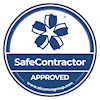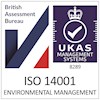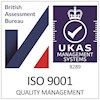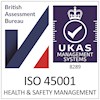20 June 2019
36,000 deaths a year are caused by air pollution, according to a government report. Outdoor workers have been ignored for too long as our pollution crisis deepens. They have a right to clean air too.
Ambient air pollution is linked to cancer, lung and heart disease, type-2 diabetes, infertility and early dementia.
The British Safety Council’s ‘Time to Breathe’ campaign calls on employers, policy-makers and regulators to start taking seriously the risk of ambient air pollution to the health of outdoor workers.
Reducing harmful emissions on site can help reduce respiratory problems for the workers and those affected by the work. At Collins, we make a conscious effort to safeguard our environment. We have a number of measures in place in order to reduce air pollution:
- Cleaner construction machinery
- Using extraction/collection/suppression methods to reduce dust pollution
- Training with staff to improve awareness of air quality onsite
- Monitoring of air quality onsite to demonstrate exposure and measure the impact of any air quality improvement activities.
We currently have heavy demolition works being carried out on our site at 73-75 Grosvenor Street, right in the heart of Mayfair.
An example of how we help mitigate dust levels on site utilising breaking equipment for demolition, is by suppressing dust via a fine directional spray jet of water aimed at the source, and any material that is transported is dampened down prior to transit. Workers must wear a mask to protect them from breathing in dust when working near demolition works.
Utilising misting water sprays reduces airborne dusting from demolition work.
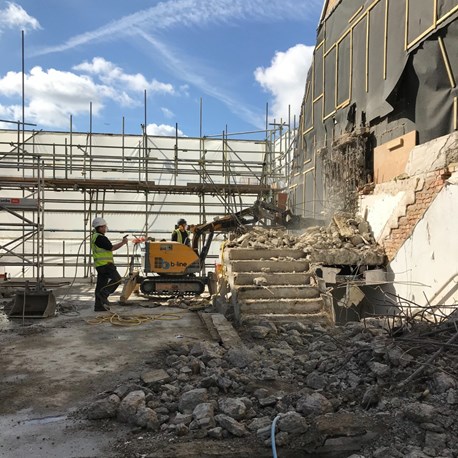
We also have air monitoring equipment on site to ensure that our site keeps well below levels agreed with the local authority and ensures site management are immediately alerted should the site generate levels of dust above the safety threshold.
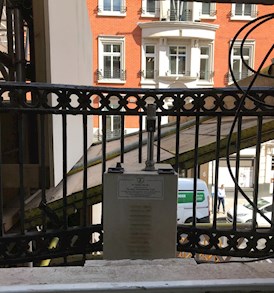
The dust monitors work using Turnkey’s specially-developed nephelometer. A pump continuously draws an air sample through the nephelometer, where a dedicated microprocessor analyses the individual particles as they pass through a laser beam.
Further to this, our scaffolding is wrapped with Monarflex and hoardings to assist mitigating dust escaping from site and having a negative effect on the amenity of neighbouring residents.
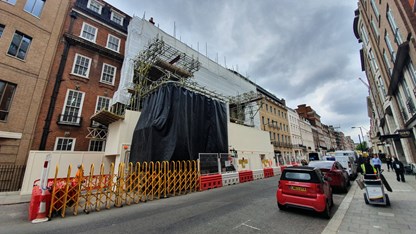
It is also important to take action to reduce emissions from non-road mobile machinery (NRMM) to protect and improve Londoners' health.
We have signed 73-75 Grosvenor Street up to NRMM – London’s low emission zone for non-road mobile machinery. This means that every effort will be made to use the least polluting equipment available including retrofitting technologies to reduce particulate matter emissions.

